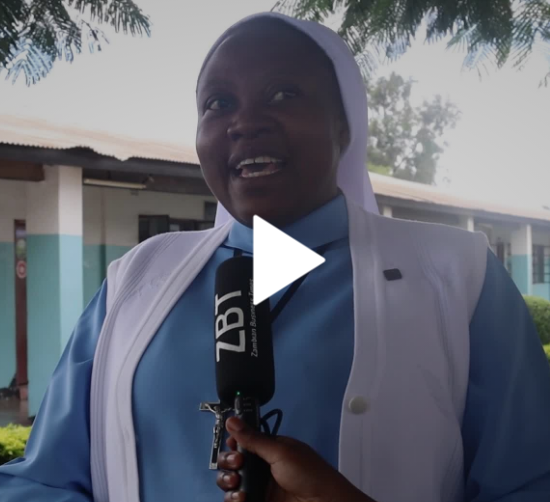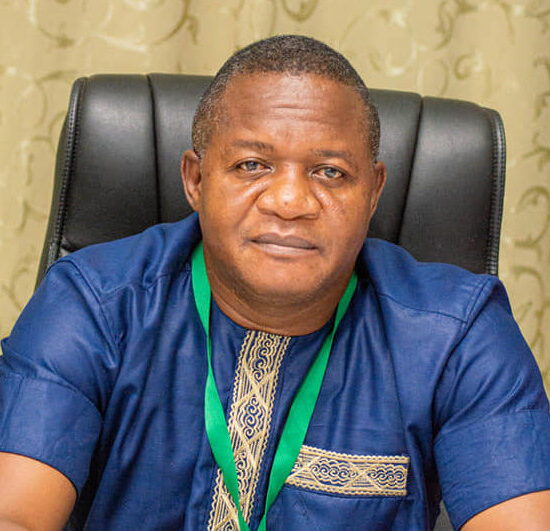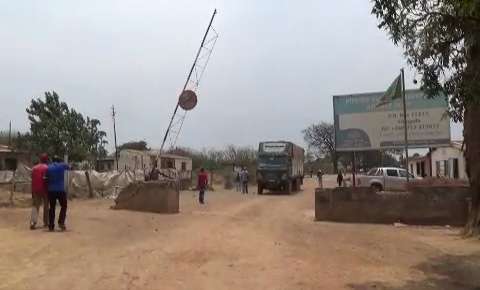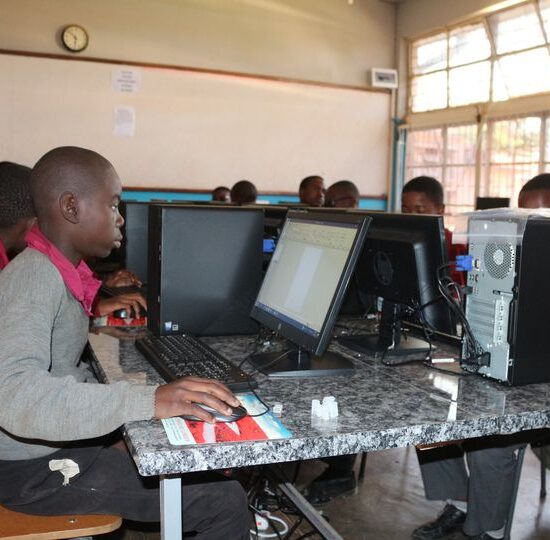Editorial – State owned power utility ZESCO has recently been given a go ahead to increase their tariffs for both connection fees as well as household and business users for five consecutive times in the next five years under the guise of attaining the mirage of cost reflective tariffs.
This is despite the fact that there has been no meaningful restructuring and job evaluation at the top heavy and relatively overpaid management. The utility is historically prone to political abuse, its financial performance numbers are either contested or difficult to find, leading to calls for listing of even 1% to local Zambians on Lusaka Securities Exchange – LuSE of its shares so that they are forced to be more transparent and adopt best practice corporate governance practices.
It is also common knowledge that ZESCO has heavy dependence on hydro power generation. According to publicly available numbers, Zambia’s installed power generation capacity is composed of up to 83% hydro, 9% coal, 5% heavy fuel and only 3% solar. This makes the country overly reliant on hydro.
So when there is a drought, it does not only affect both local and commercial farmers due to low rainfall and failure to fill up the irrigation dams, crippling power shortages and rationing kicks in, which spirals into a multifaceted crisis for a vulnerable economy like Zambia’s, adversely affecting almost all industries and economic sectors.
With this level of importance as far as energy security is concerned, one would expect that ZESCO would by now be among the most efficiently run corporations. That the government would make sure that it’s run competently with hiring subjected to free competition to get the most talented staff especially at leadership levels.
But the situation on the ground reveals that there has been failure by successive governments to streamline the top heavy and relatively overpaid ZESCO management. There is continued shyness to remove nepotism as well as remove employment preference based on political connections. The best engineers are never given a chance to run the energy giant. This has led to continued inefficiencies, skewed decision making and lack of accountability for gross incompetence.
Despite all the above issues, the country has again been timely warned by the little respected but very important Metrological – Met experts. Met experts have warned of possible drought (El nino) for the next two to three years, starting with the 2023/2024 rain season. Farmers with access to dams should prepare themselves for more efficient use of water.
But the biggest worry today is that we are not seeing any movement, any solar or alternative energy generation project being launched or initiated to beat a possible drought. The focus seems skewed on attaining cost reflective tariff. All we are seeing is the signing ceremonies and media posturing of more power purchase agreements and talking shops for the over $2 billion solar deal with Middle East based financiers or developers. “Movement on the ground theriz no.”
We are putting out these concerns because we and all right thinking citizens don’t want a repeat of what we saw just about a few months ago where the board chairperson and by extension the top management of ZESCO admitted to miss-leading the republican President and Head of state and the nation at large that Zambia would have adequate power and completely avoid load shedding when later, the country was plunged into a power crisis.
In a functional and transparent economy, such grave mistakes would not only have resulted in them being sacked, but criminal and professional negligence prosecution would have followed due to the heavy financial losses, lost lives , lost jobs, closed businesses & livelihoods etc. that ordinary Zambians and businesses were subjected to.
Let no one be cheated that businesses and households have supported the recent ZESCO tariff increases for the next five years, NO. They have in some way been forced onto consumers and businesses because there is no viable or alternative ways to access cheaper and more cost effective energy or electricity.
And ZESCO should not hoodwink the business community and households that they are driving towards cost reflective tariffs. Cost reflective tariffs are a mirage, a fallacy in an economy like Zambia as the power generation costs are mostly dollar denominated while consumers pay in Kwacha.
Most people by now would have realized that there is a trend were the Kwacha is perpetually depreciating against the dollar. It therefore follows that even if ZESCO increases tariffs to cost reflective say in 2021 when the Kwacha to dollar rate was at about K17 to $1, there would be need for another cost reflective tariffs adjustment a year or two later when the Kwacha has further depreciated to currently about K19 to $1.
Simply put, for as long as the Ministry of Finance continues to fail to find ways of getting a handle on macro-economic variables such as the Kwacha to US dollar exchange rate, for as long as they fail to negotiate for remitting back of export proceeds back into the local economy, for as long as the exchange rate is not stabilized in the medium to long term, the repetitive song of increasing of tariffs to become cost reflective will certainly continue to be sung almost on a yearly basis (as the Kwacha is on a net basis depreciating in the medium to long term).
Power cuts are very economically disruptive and for those who run businesses in Zambia, even for households or businesses that could afford generators or solar back up power, the cost of living or cost of production simply becomes unmanageable or unprofitable. It’s an experience no serious economic managers would want to recur.
Now that our mostly ignored Met experts has issued this timely warning, let’s all make ZESCO hear this message in good time, we as Zambian Business Times – ZBT have done our part by highlighting this concern now in good time before our hydro sources start to run down. Let ZESCO know that timely measures need to be implemented now as no excuses will be accepted.
And we are saying do solar projects now not because it’s the only power generation source, no, it’s because it’s one of the energy generation projects that have a shorter turnaround timeline to implement and which ZESCO confirmed that they have signed an over $2 billion deal.
We are certain that the nation would welcome any other alternatives and affordable power sources that independent experts, developers or even ZESCO can deliver in the remaining second half of the year at an affordable tariff to the majority of Zambia’s businesses and citizens. It is not acceptable that we allow another crippling load-shedding cycle even when timely warning has been availed.
The effects and impact of climate change cannot be ignored even by the biggest sceptics of this science. ZESCO is a national utility that Zambia relies on to drive the agenda of affordable and sustainable energy and this is a reminder that time is flying out with little to no major power supply projects being added to the grid.
This time around, we should not accept for ZESCO to mislead not only the head of state, but all Zambian citizens and businesses that rely on them to take care of this economic imperative. Do not say you were not warned.







